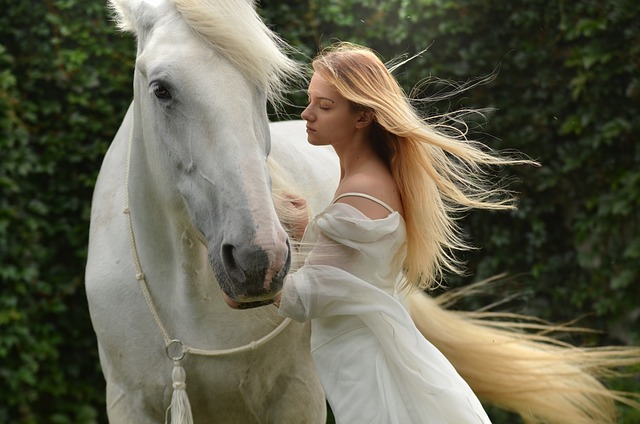Spis Treści
How Much Does a Horse Cost?
Are you considering buying a horse? Owning a horse can be a rewarding and fulfilling experience, but it’s important to understand the financial commitment involved. From the initial purchase price to ongoing expenses, there are several factors to consider when determining how much a horse will cost. In this article, we will delve into the various aspects of horse ownership and provide you with a comprehensive understanding of the expenses involved.
Factors Affecting the Cost of a Horse
The cost of a horse can vary significantly depending on several factors. Here are some key considerations that influence the price:
- Breed: Different horse breeds have different price ranges. Some breeds are more popular and sought after, which can drive up their cost.
- Age: The age of the horse plays a role in determining its price. Younger horses, especially those with potential for training and competition, tend to be more expensive.
- Training: A horse that has undergone professional training or has specific skills and abilities may have a higher price tag.
- Health and Conformation: Horses with good health and conformation, meaning their physical structure and build, often command higher prices.
- Market Demand: The demand for horses in your area or the specific discipline you are interested in can impact the price. If there is high demand and limited supply, prices may be higher.
Initial Purchase Price
The initial purchase price of a horse can vary greatly depending on the factors mentioned above. On average, you can expect to pay anywhere from $1,000 to $50,000 or more for a horse. Here is a breakdown of the price ranges based on different categories:
| Category | Price Range |
|---|---|
| Untrained Young Horse | $1,000 – $5,000 |
| Trained Young Horse | $5,000 – $15,000 |
| Experienced Competition Horse | $15,000 – $50,000+ |
It’s important to note that these price ranges are just estimates, and you may find horses priced outside of these ranges based on individual circumstances.
Ongoing Expenses
Once you’ve purchased a horse, there are several ongoing expenses to consider. These expenses can vary depending on your location, the level of care required, and your specific goals with the horse. Here are the main ongoing expenses associated with horse ownership:
- Boarding: If you don’t have your own land or facilities, you will need to board your horse at a stable. Boarding costs can range from $200 to $2,000 or more per month, depending on the services provided and the location.
- Feed and Bedding: Horses require a proper diet and bedding materials. The cost of feed and bedding can range from $100 to $500 per month.
- Veterinary Care: Regular veterinary care, including vaccinations, dental work, and check-ups, is essential for maintaining your horse’s health. Veterinary expenses can range from $500 to $2,000 or more per year.
- Farrier Services: Horses need regular hoof care, which involves trimming and shoeing. Farrier services can cost around $30 to $150 every six to eight weeks.
- Tack and Equipment: You will need various tack and equipment for riding and caring for your horse. The cost of tack and equipment can range from a few hundred dollars to several thousand dollars.
- Training and Lessons: If you plan to train or take lessons with your horse, you will need to budget for training fees and lesson costs. These expenses can vary depending on the trainer and the frequency of lessons.
- Competition and Show Fees: If you participate in competitions or shows, there will be entry fees and other associated costs. The expenses can vary depending on the level of competition and the discipline.
- Insurance: Some horse owners choose to have insurance coverage for their horses, which can provide financial protection in case of accidents, injuries, or illnesses. Insurance costs depend on the value of the horse and the coverage options chosen.
Additional Considerations
While the initial purchase price and ongoing expenses are the primary financial considerations, there are a few additional factors to keep in mind:
- Time Commitment: Owning a horse requires a significant time commitment. You will need to allocate time for daily care, exercise, grooming, and training.
- Transportation: If you plan to travel with your horse or move it between locations, you will need to consider the cost of transportation, such as trailers or professional hauling services.
- Facilities and Land: If you decide to keep your horse on your own property, you will need to invest in suitable facilities, such as fencing, shelters, and pasture management.
Conclusion
Owning a horse can be a wonderful experience, but it’s essential to understand the financial commitment involved. The cost of a horse can vary significantly based on factors such as breed, age, training, and market demand. Additionally, ongoing expenses for boarding, feed, veterinary care, and other necessities can add up quickly. Before purchasing a horse, it’s crucial to carefully consider your budget and ensure that you can afford the initial purchase price as well as the ongoing expenses. By understanding the costs involved, you can make an informed decision and provide the best care for your equine companion.


















